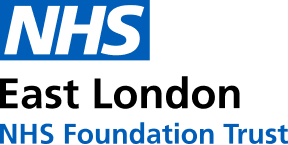There are a number of different kinds of projects involving data collection, research, audit, service evaluation, Quality Improvement (QI) initiatives, case notes studies, student thesis, etcetera. All of them require formal authorisation from the Trust before participants can be approached or data collected.
Choosing a study type
The first step is to determine what kind of project you propose to undertake, as different types of projects are subject to different regulations and routes to obtain the appropriate authorisation. The primary element which distinguishes one kind of study from another is not sample size, or the type of data you collect, but the intent of the study.
Do you have an idea for a service evaluation or research idea in the early stages? If you'd like to talk to a researcher about developing your idear or collecting your data then please contact the R&I Team.
